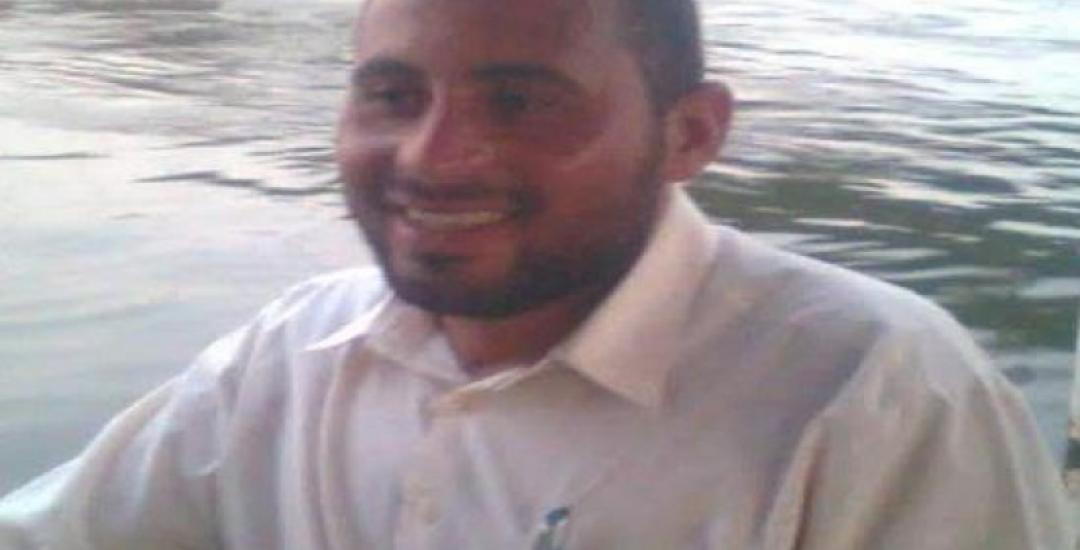
On 24 January 2016, the Ministry of Interior declared having executed 32-year-old Mohamed Hamdan Mohamed Ali during a police operation in Beni Suef – a city located on the Nile’s shores, South of Cairo. The victim had however been arrested at work on 10 January 2016 and was missing since. Additionally, when his relatives were authorised to see his corpse, it bore evident marks of torture which made them believe that the authorities tried to cover-up the real circumstances of his death. Their claim was asserted by the authorities’ refusal to share the autopsy records and that no effective investigation was launched into his death to date. Hence, Alkarama solicited the United Nations Special Rapporteur on Torture (UNSRT) to ask the Egyptian authorities to take effective measure to shed light on his death.
On 10 January 2016, Homeland Security officers came to the Agricultural Directorate of Beni Suef, where Mohamed was working as an agronomist. Officers wearing civilian clothes and carrying weapons went to his office and arrested him in front of his colleagues. Then, they dragged him out of the building and forced him in an armoured vehicle parked nearby. Informed of his arrest, his relatives went to several police stations to locate him and sent telegrams to official bodies, but to no avail. In the vast majority of enforced disappearances documented by Alkarama, including of students, the authorities have constantly failed to open prompt investigations.
Security forces refused to share the autopsy records
Then, on 24 January 2016 they read an online statement from the Ministry of Interior claiming that a man named Mohamed Hamdan Mohamed Ali had been executed during a police operation. The following day, a relative of Mohamed was summoned by the Homeland Security regarding his death. The officers confirmed Mohamed’s execution, stating that the police executed him during a shootout. They refused to give him the autopsy records however, affirming that an investigation into the circumstances of the death was ongoing and that they would be informed of the developments.
When Mohamed’s family was eventually authorised to see his corpse at the morgue, not only they saw that he had at least 12 bullet wounds, including some in the back, but more particularly that he bore numerous signs of torture, notably on the chest and feet. Given the fact that Mohamed had been disappeared for nearly two weeks before he was declared dead, his family believed that torture might have been the real cause of his death. It was asserted by the fact that Egyptian intelligence services are notorious for torturing individuals to force them to confess to crimes, such as in the cases of three men arrested in February 2016 in El Beheira and Kafr Sheikh Governorates and that are now facing trial. Fearing reprisal however, Mohamed’s family did not file a complaint and the authorities have still not launched an effective investigation into his death.
“Mohamed’s death confirms that violations of the right to life are on the rise in Egypt and tend to become systematic. These violations are committed with full knowledge of the facts by the authorities that even cover up these crimes, creating a de facto impunity that can only lead to even more hazardous situations”, said Rachid Mesli, Alkarama Legal Director.
Alkarama calls upon the authorities to effectively investigate all cases of suspicious death, including Mohamed’s one; to prosecute the authors and punish them accordingly. As it did for Mohamed’s case, Alkarama also calls upon the United Nations Special Procedures and the international community as a whole to publicly condemn the continuous violations of international human rights law by the Egyptian authorities, in complete impunity.
For more information or an interview, please contact the media team to media@alkarama.org (Dir: +41 22 734 1008).
